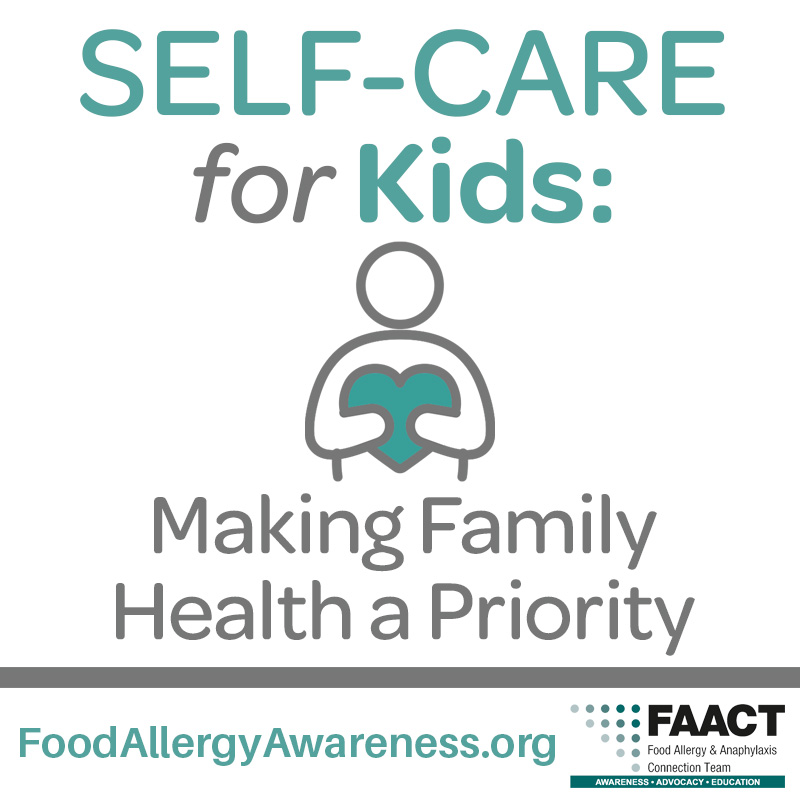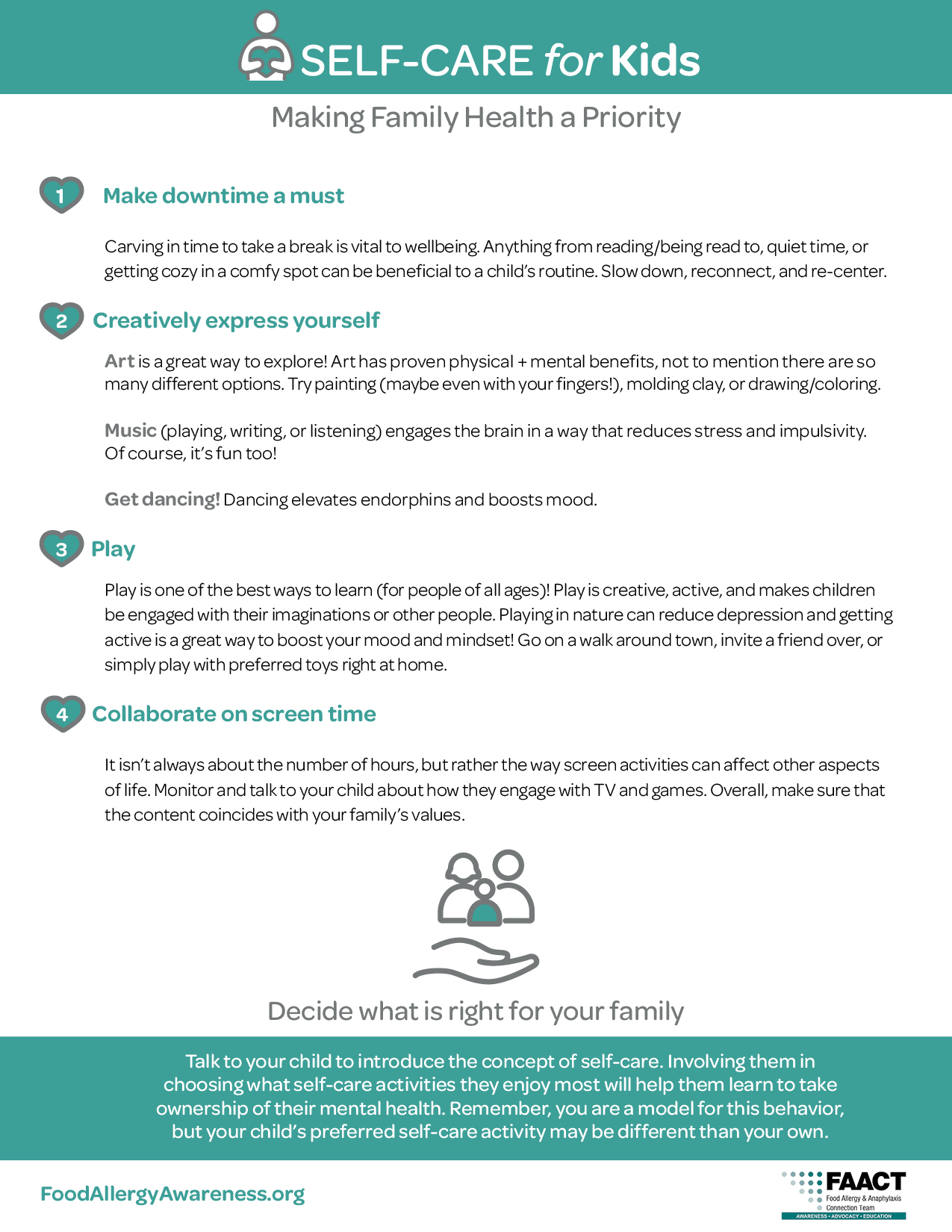Behavioral Health
Self-care
Back to Category View
Self-care for Kids: Making Family Health a Priority
1. Make downtime a must
Carving in time to take a break is vital to wellbeing. Anything from reading/being read to, quiet time, or getting cozy in a comfy spot can be beneficial to a child's routine. Slow down, reconnect, and re-center.
2. Creatively express yourself
Art is a great way to explore! Art has proven physical + mental benefits, not to mention there are so many different options. Try painting (maybe even with your fingers!), molding clay, or drawing/coloring.
Music (playing, writing, or listening) engages the brain in a way that reduces stress and impulsivity. Of course, it's fun too!
Get dancing! Dancing elevates endorphins and boosts mood.
3. Play
Play is one of the best ways to learn (for people of all ages)! Play is creative, active, and makes children be engaged with their imaginations or other people. Playing in nature can reduce depression and getting active is a great way to boost your mood and mindset! Go on a walk around town, invite a friend over, or simply play with preferred toys right at home.
4. Collaborate on screen time
It isn't always about the number of hours, but rather the way screen activities can affect other aspects of life. Monitor and talk to your child about how they engage with TV and games. Overall, make sure that the content coincides with your family’s values.
5. Decide what is right for your family
Talk to your child to introduce the concept of self-care. Involving them in choosing what self-care activities they enjoy most will help them learn to take ownership of their mental health. Remember, you are a model for this behavior, but your child's preferred self-care activity may be different than your own.
Download FAACT's Self-care for Kids handout.
